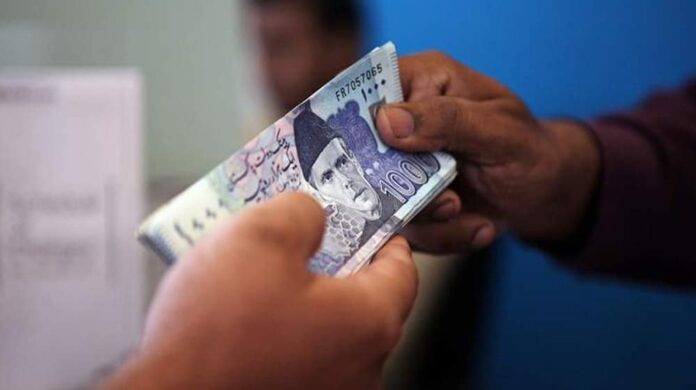ISLAMABAD: Income tax payments by salaried individuals reached nearly Rs200 billion in the first five months of the current fiscal year, showing a sharp increase of Rs72 billion. Despite this, the Federal Board of Revenue (FBR) has failed to use transaction data to collect taxes from non-payers effectively.
Revenue from taxpayer audits dropped by 16% to Rs26 billion during July-November of fiscal year 2024-25, compared to Rs31 billion in the same period last year. The FBR relies heavily on collecting taxes from salaries, utility bills, phone usage, and bank cards, as audits are more complex and less rewarding.
The FBR missed its tax collection target for the five-month period by Rs341 billion, with expectations of a widening gap by December’s end. Salaried employees paid Rs198 billion in taxes from July to November, an increase of 57% compared to last year.
This rise followed tax hikes introduced by Prime Minister Shehbaz Sharif’s government in June, instead of cutting spending or broadening the tax base.
Audit collections have declined, with Rs26 billion collected this year compared to Rs31 billion last year. An FBR official attributed the decline to court rulings that have made freezing bank accounts and recovering disputed taxes more difficult.
Fearing stricter policies, citizens rushed to file income tax returns before the extended deadline. Around 5.6 million taxpayers filed returns this year, depositing Rs145 billion, which is nearly 50% more than last year.
The government, however, has yet to amend the Income Tax Ordinance to abolish the non-filer category.
Of the Rs198 billion paid in income taxes, Rs53 billion came from federal and provincial government employees, who received pay increases of 20-25% in the budget. Private sector employees paid the remaining Rs145 billion, despite often receiving no annual raises.
Non-corporate employees contributed Rs86 billion, a 42% increase, while corporate sector employees paid Rs59 billion, a 56% rise. Provincial government employees saw the largest increase, paying Rs33 billion, which is 109% more than last year. Federal employees paid Rs20 billion, up 71%.
The FBR collected less than Rs13 billion in taxes on goods supplied by traders, highlighting the disproportionate burden on salaried workers. Their contributions were over 14 times higher than taxes collected from traders.
To improve audits, the FBR plans to hire 1,620 auditors from the private sector. Currently, it has only 355 auditors for domestic taxes, far short of the 1,914 required. Audit-based tax collection is a lengthy process and is expected to show results in quarterly or half-yearly figures.
The FBR has also relied on advance tax payments to meet monthly targets, collecting Rs483 billion in advance income tax during July-November, 20% more than last year. However, this practice has been controversial, with court cases highlighting alleged overreach by tax officials.
For instance, in September 2022, Pakistan LNG Limited sought court protection after the FBR allegedly froze its accounts unlawfully to recover taxes. The Islamabad High Court criticized the FBR for using its powers to meet revenue targets, calling it a violation of constitutional rights.




